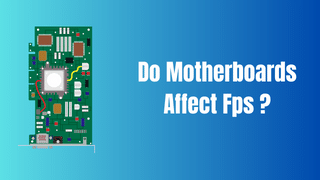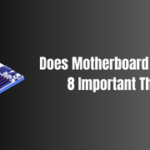Gaming has evolved tremendously, and with it, the insatiable desire of enthusiasts to maximize every last drop of performance from their systems. One question, perhaps not as frequently considered but of undeniable importance is: do motherboards affect FPS? We’re here to unravel that mystery.
Table of Contents
Do Motherboards Affect FPS Directly?
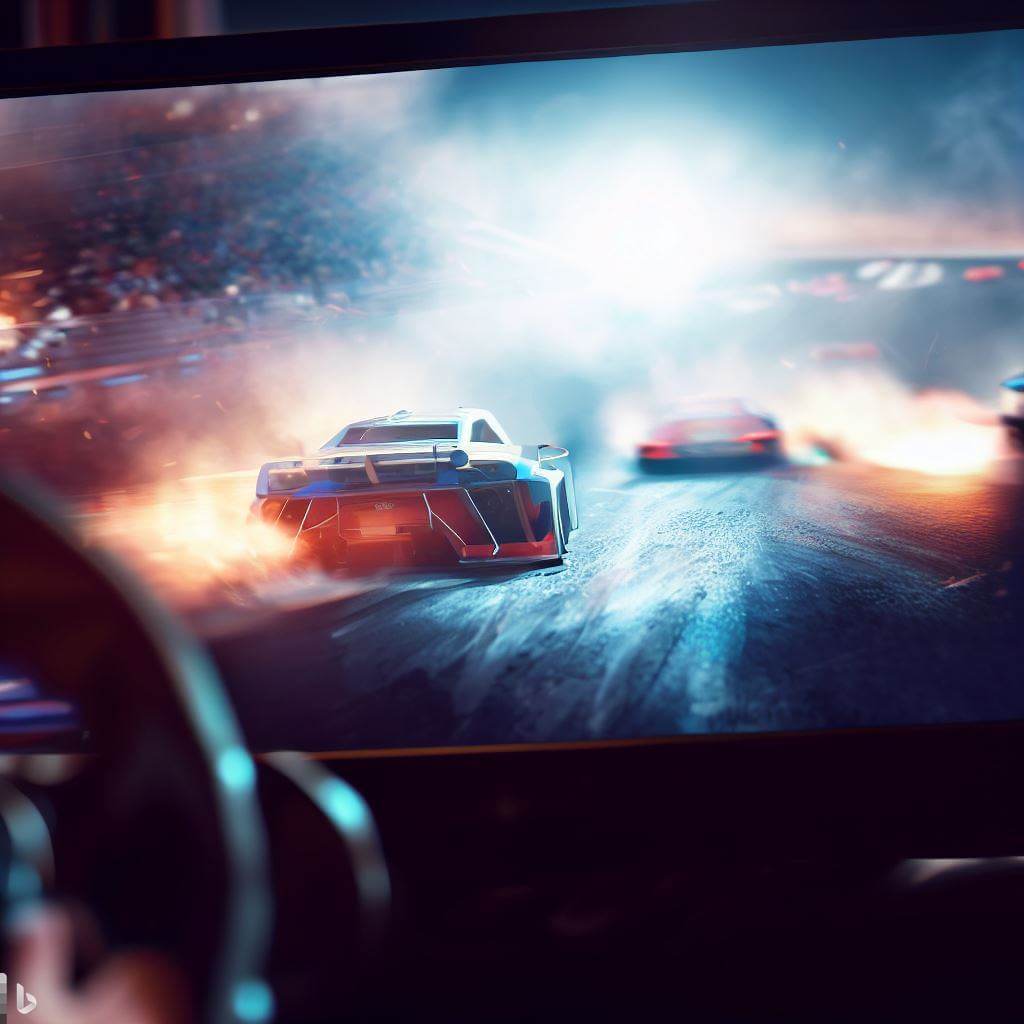
In the vast realm of gaming performance, the motherboard doesn’t directly control the FPS (Frames Per Second). That’s primarily the domain of the GPU (Graphics Processing Unit). However, a motherboard can shape the environment in which the GPU, CPU (Central Processing Unit), and RAM (Random Access Memory) function. Let’s uncover the hidden power of motherboards!
The Role of Chipsets in Motherboards
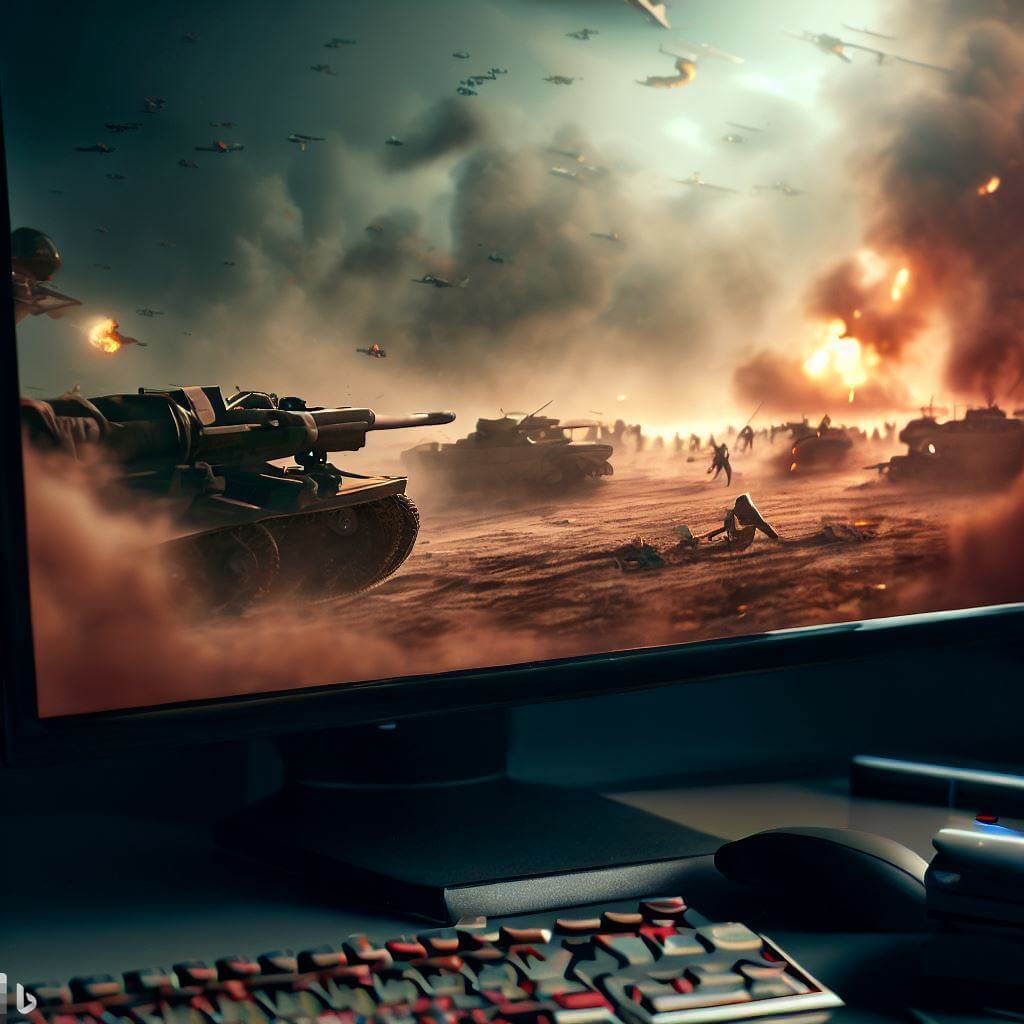
At the motherboard’s heart lies the chipset. Think of it as the traffic controller of your system. It determines how data flows between the CPU, GPU, RAM, and other components. If you’ve heard terms like “Intel Z490” or “AMD X570,” you’ve met chipsets. Different chipsets support different CPU generations and features.
- Overclocking: Some chipsets support overclocking, allowing the CPU and RAM to run at speeds beyond their stock specifications. Overclocking can lead to better FPS, especially in games that are CPU-bound.
- RAM Compatibility: Remember DDR3 and DDR4 (RAM Types)? Chipsets dictate the type and speed of RAM your system uses. Faster RAM can improve game load times and reduce stutters.
- PCI Express (PCIe) Slots: These slots house your GPU. Modern GPUs use PCIe 4.0 or 5.0, offering faster data transfer speeds. If your motherboard doesn’t support the latest PCIe version, you may not be harnessing the full potential of your GPU.
Is Motherboard Important for Gaming?
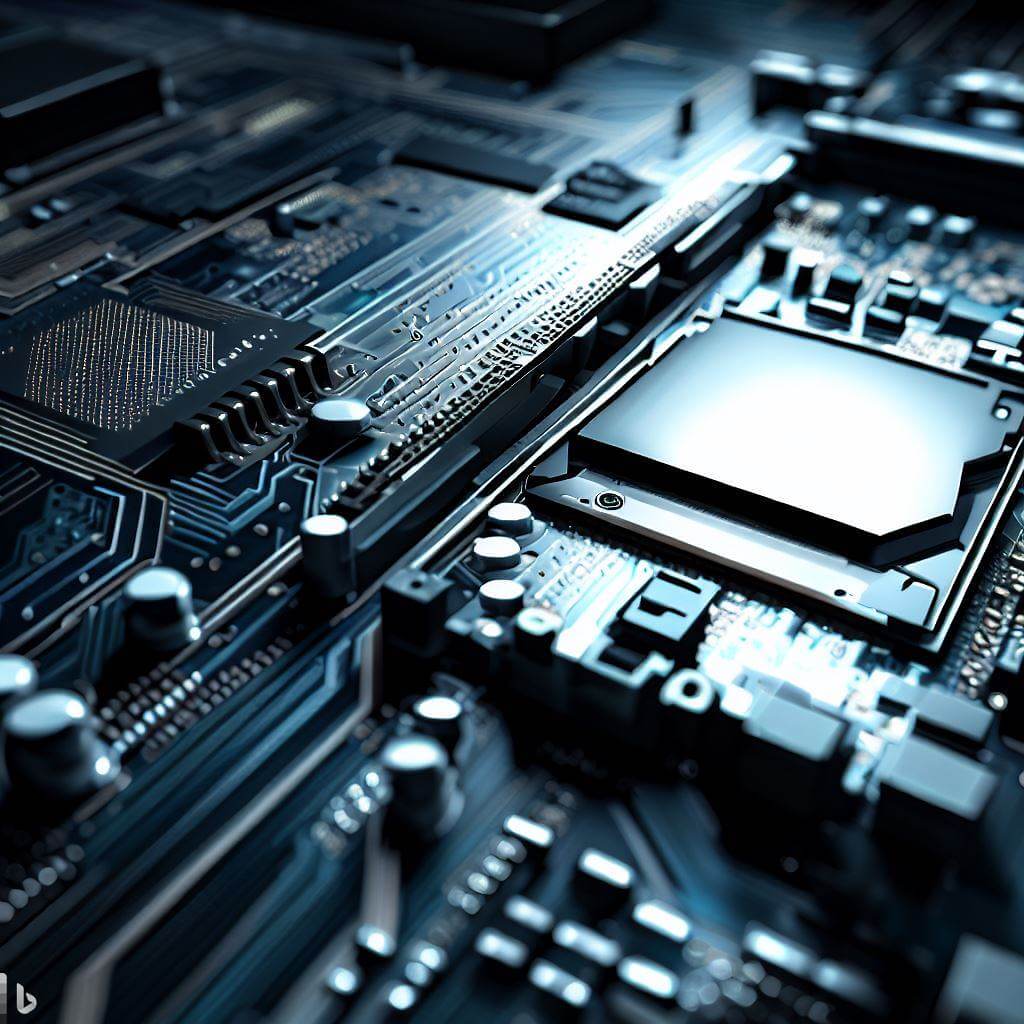
While it might not directly pump up those FPS numbers, the motherboard is like the stage where the stars (GPU, CPU, and RAM) perform. Here’s why it’s a big deal:
- BIOS: The motherboard’s BIOS (Basic Input/Output System) provides options for tweaking system settings. A well-optimized BIOS can offer stable overclocks, improving gaming performance.
- Expansion Slots and Ports: Modern games can be massive. Having multiple hard drive or SSD slots allows for ample storage. Plus, faster ports like USB 3.2 or Thunderbolt can be essential for high-speed external storage or peripherals.
- Stability: A low-quality motherboard might not distribute power efficiently or cool its components effectively. This can lead to system instability, impacting your gaming experience.
Does Motherboard Affect Performance in Other Ways?
Beyond FPS, motherboards impact overall system performance:
- Resolution Scaling, Render Distance, and Texture Quality: While primarily GPU-controlled, these settings can benefit from a strong CPU and efficient RAM management. A top-tier motherboard ensures the CPU and RAM work at their peak, making your game’s resolution scaling, render distance, and texture quality ultra-smooth.
- Background Apps: It’s not just about the game. If you’re streaming, recording, or running multiple apps, CPU performance becomes crucial. The motherboard supports multi-core performance, allowing CPUs to multitask seamlessly.
- Hard Drive Defragging: A fragmented hard drive can slow down game load times. Some motherboards come with software solutions that help optimize your hard drive, ensuring faster game startups.
| Key Term | Description |
|---|---|
| FPS (Frames Per Second) | Measures how many frames your GPU can render in a second. |
| Motherboard | The main circuit board housing vital components. |
| Chipset | Manages data flow between computer components. |
| CPU & GPU | The brain and the visual artist of your computer, respectively. |
| RAM | Temporary storage for active processes. |
| Overclocking | Boosting component speeds beyond factory settings. |
Fine-Tuning for Maximum Performance
Your gaming rig’s performance is an ensemble act, and the motherboard plays a foundational role. Here are some actionable tips:
- Upgrade to a Gaming-centric Motherboard: Brands like ASUS ROG, MSI, and Gigabyte Aorus offer motherboards tailored for gaming. They support faster GHz (Gigahertz) speeds, optimized single-core performance, and efficient multi-core management.
- Stay Updated: Regularly updating your motherboard’s BIOS ensures compatibility with the latest components and can offer performance boosts.
- Balance Your Budget: When building or upgrading a rig, balance your spendings. Don’t just splurge on the GPU; consider a solid motherboard as it’s the backbone of your system.
Understanding the Symphony of Your Gaming Rig
The question “Do motherboards affect FPS?” may appear simple, but the underlying answers are multifaceted. When building or upgrading a gaming rig, enthusiasts often focus on the GPU and CPU. But let’s delve further into how the motherboard can indirectly contribute to an enriched gaming experience.
Motherboard Features that Complement Gaming
The motherboard isn’t just a flat piece of circuitry. It’s a jungle gym for electrons, directing traffic and ensuring all components work in harmony. Let’s explore some features and considerations that might influence your gaming experience:
- Cooling: A gaming rig is a fiery dragon that needs cooling. Many motherboards offer advanced cooling solutions that keep CPU and other components chilled during an intense gaming session. Cooler parts perform better, and the motherboard plays a key role in that equation.
- Audio Quality: Believe it or not, your motherboard can impact the roar of explosions or the subtle whispers in a stealth mission. Premium motherboards come with dedicated audio chips that provide a captivating sound experience. Immersion is key in gaming, and sound is half the picture.
- Network Solutions: In a world where online gaming and streaming have become norms, a robust network connection is vital. Some motherboards provide built-in Wi-Fi and prioritized LAN ports, ensuring a smooth and lag-free online gaming experience.
- RGB and Aesthetics: Okay, this doesn’t affect performance, but who doesn’t like a well-lit, good-looking rig? Many motherboards offer RGB lighting controls, allowing you to customize your battle station’s appearance.
The Right Pairing for Gaming Performance
Every component in your rig needs to be in harmony with the others. Here’s how to ensure that your motherboard is part of a well-orchestrated ensemble:
- CPU Compatibility: Choose a motherboard that not only fits your CPU but can also make it sing. That means looking for a chipset that supports overclocking if you have an overclockable CPU.
- RAM Choices: Depending on the motherboard’s chipset, you could have support for higher-speed DDR3 or DDR4 RAM. If you’re gaming at high resolutions, faster RAM can make a noticeable difference.
- Storage Options: Many new motherboards support NVMe M.2 drives, which are blazing fast compared to traditional hard drives. If load times feel like an eternity, consider a motherboard that supports these new, faster storage devices.
- Expansion Options: If you plan to run multiple GPUs, look for a motherboard that supports SLI or CrossFire. For content creators, additional PCIe slots might be vital for capture cards or other accessories.
Optimizing Your Gaming Rig’s Lifespan
Motherboards are also guardians of longevity. Here’s how:
- Quality Construction: Investing in a motherboard with robust construction ensures stability and long-term functionality. Features like metal-reinforced PCIe slots protect your valuable GPU from damage.
- Future-Proofing: Planning to upgrade in the future? Consider a motherboard with support for future CPU generations or higher RAM speeds. It can save you from needing to overhaul your entire system later on.
- Energy Efficiency: Motherboards that manage energy effectively can help reduce overall system wear and tear, extending the life of your rig.
Final Words And FAQ About Do Motherboards Affect Fps
“Does motherboard affect performance?” You bet it does! While it might not be the star player scoring goals (or FPS), the motherboard is the coach, guiding and facilitating the game from the sidelines. It ensures that every player, whether it’s the GPU dazzling with visuals or the CPU calculating every game mechanic, performs at its best.
So, when building or upgrading your rig, give a thoughtful pause at the motherboard. Ensure that it not only meets your current needs but also aligns with your future aspirations. Happy gaming and may your frames be ever high! Read more on fulltechguides;
Can a motherboard cause low FPS?
While a motherboard does not directly impact FPS (Frames Per Second), it can indirectly contribute to lower FPS. If the motherboard is not compatible with the latest PCIe slots, is restricting overclocking, or if it has a chipset that doesn’t efficiently manage the CPU (Central Processing Unit) and RAM (Random Access Memory), it might bottleneck other components. Thus, your GPU may not work at its full potential, leading to reduced FPS in games.
Source for do motherboards affect fps : https://en.wikipedia.org/wiki/Motherboard
